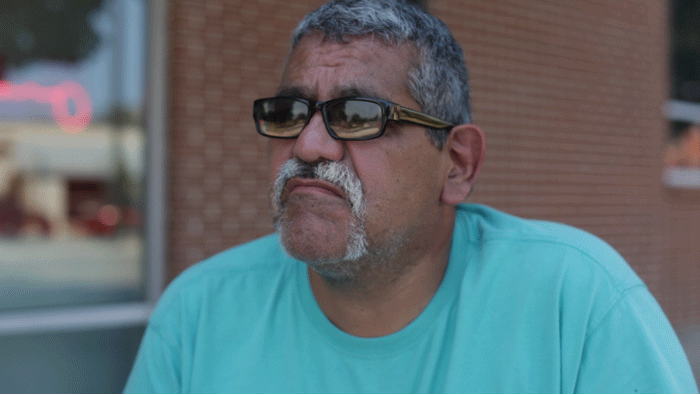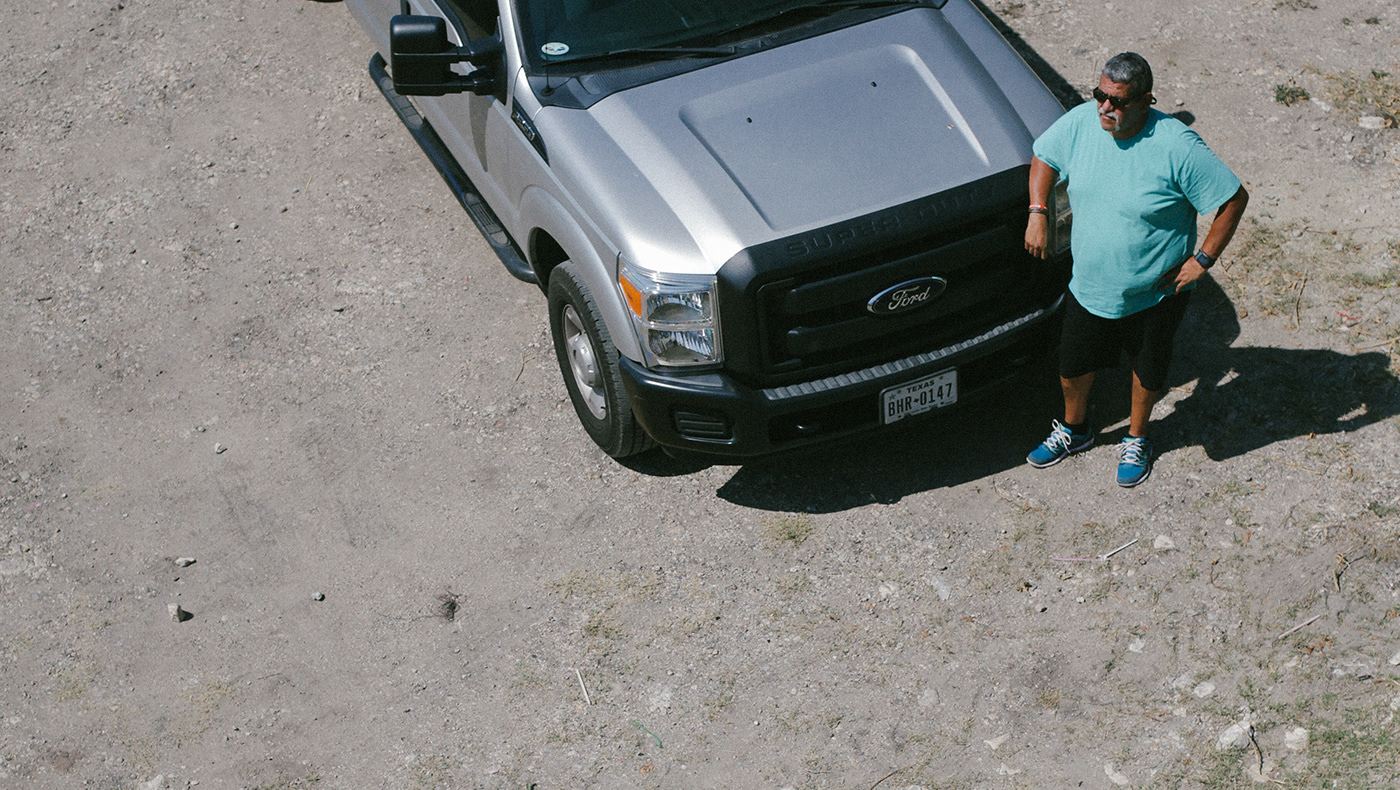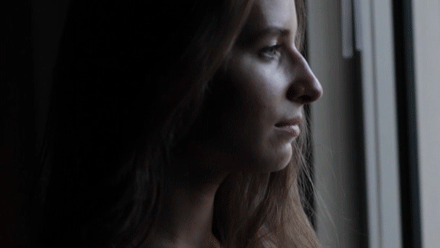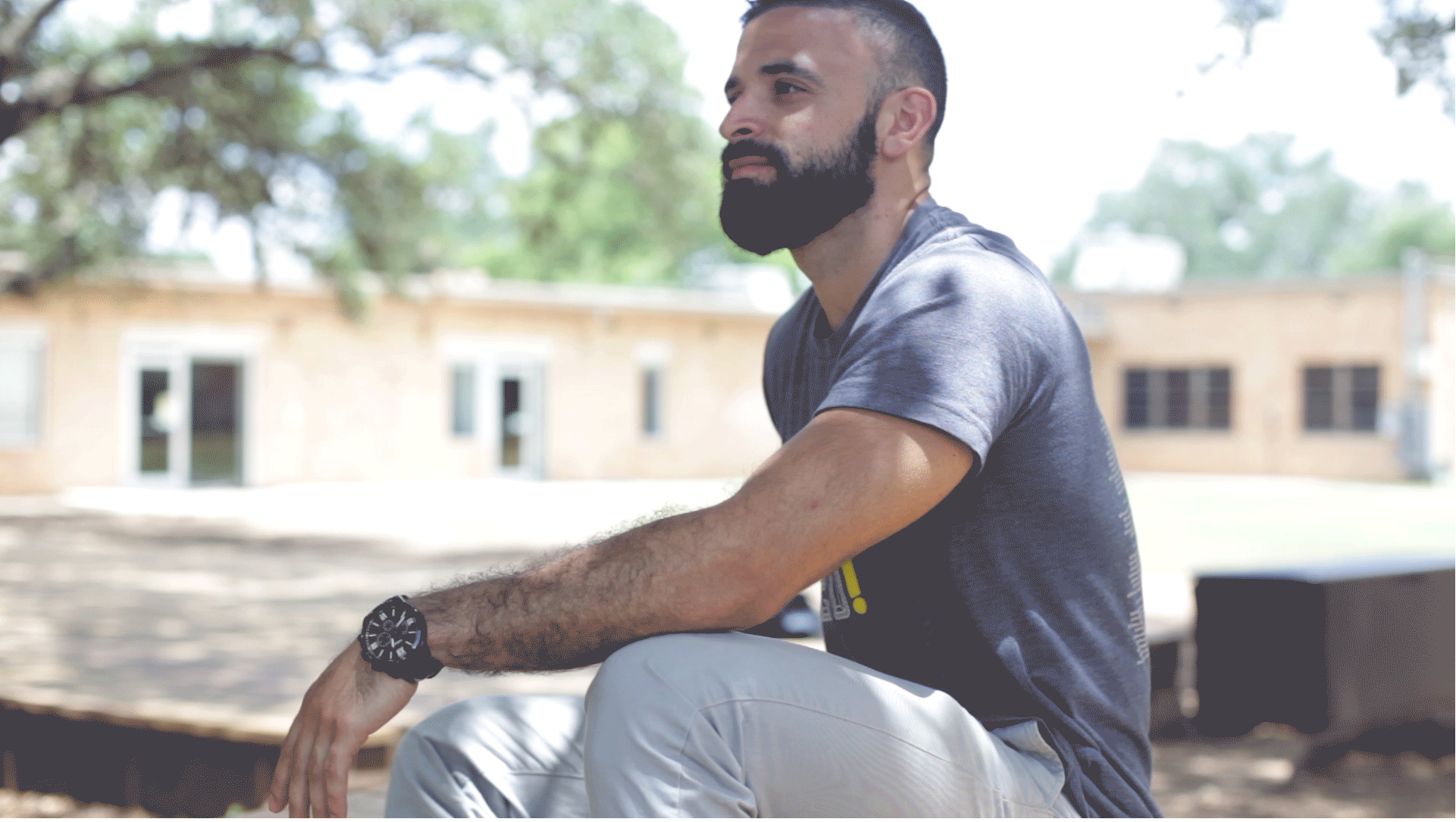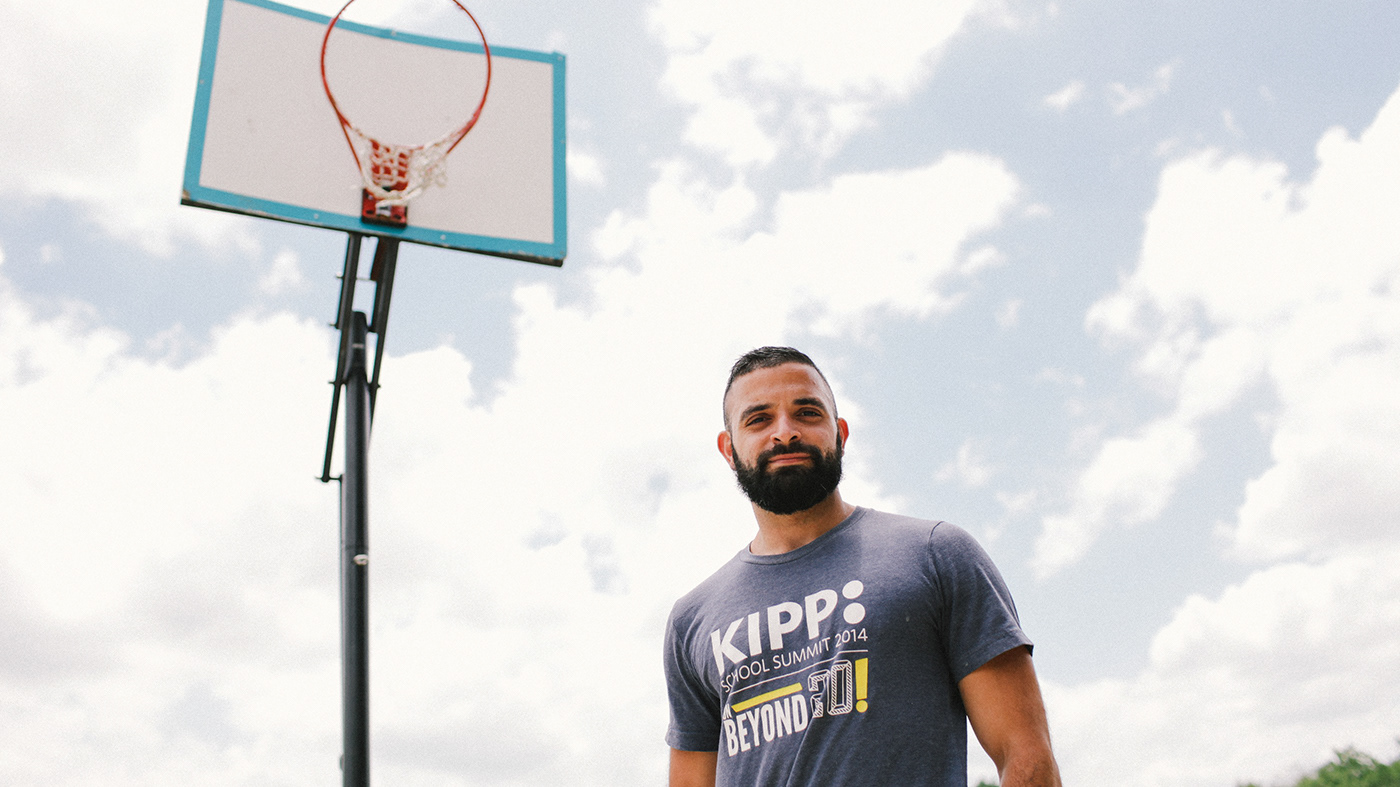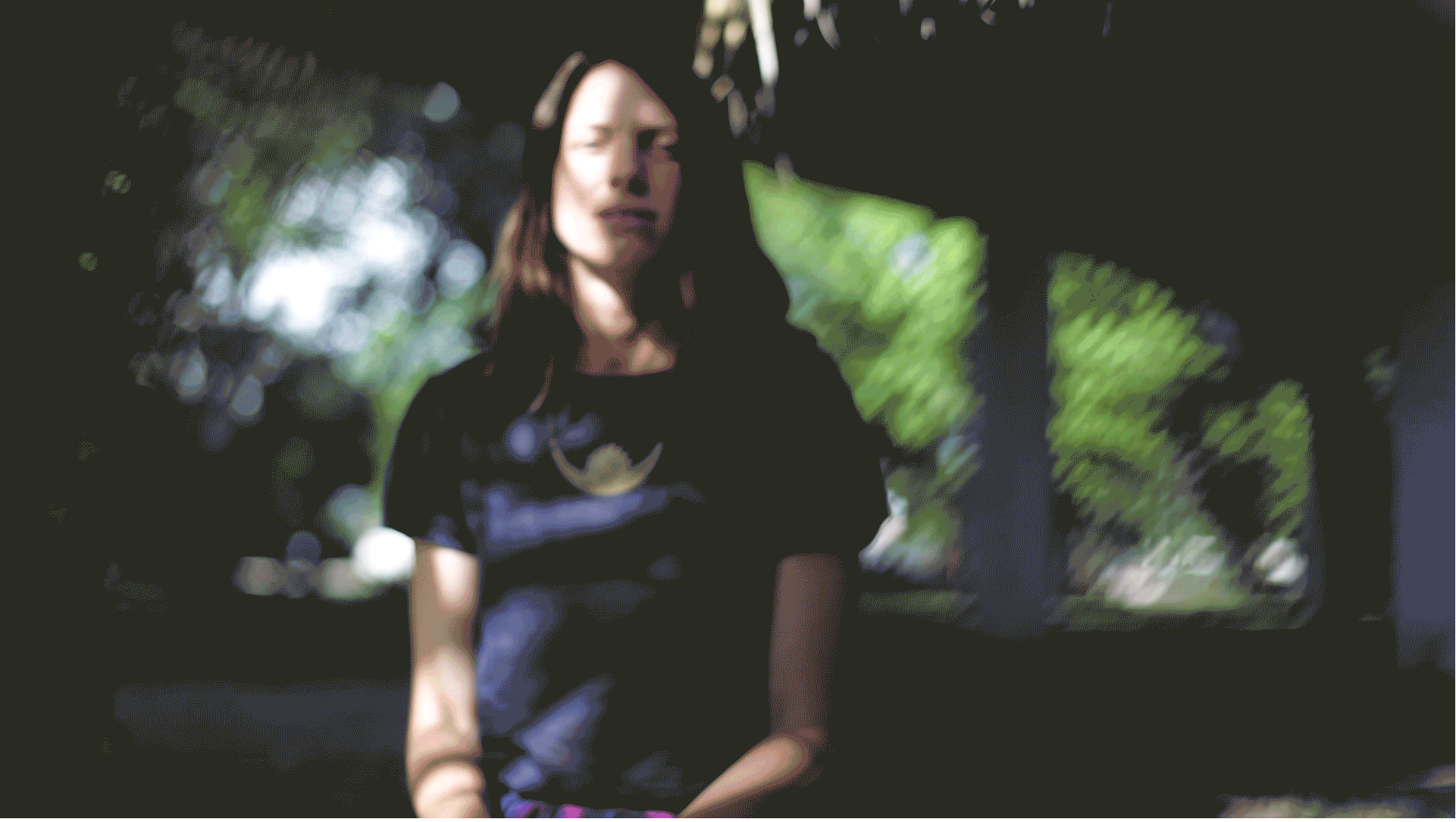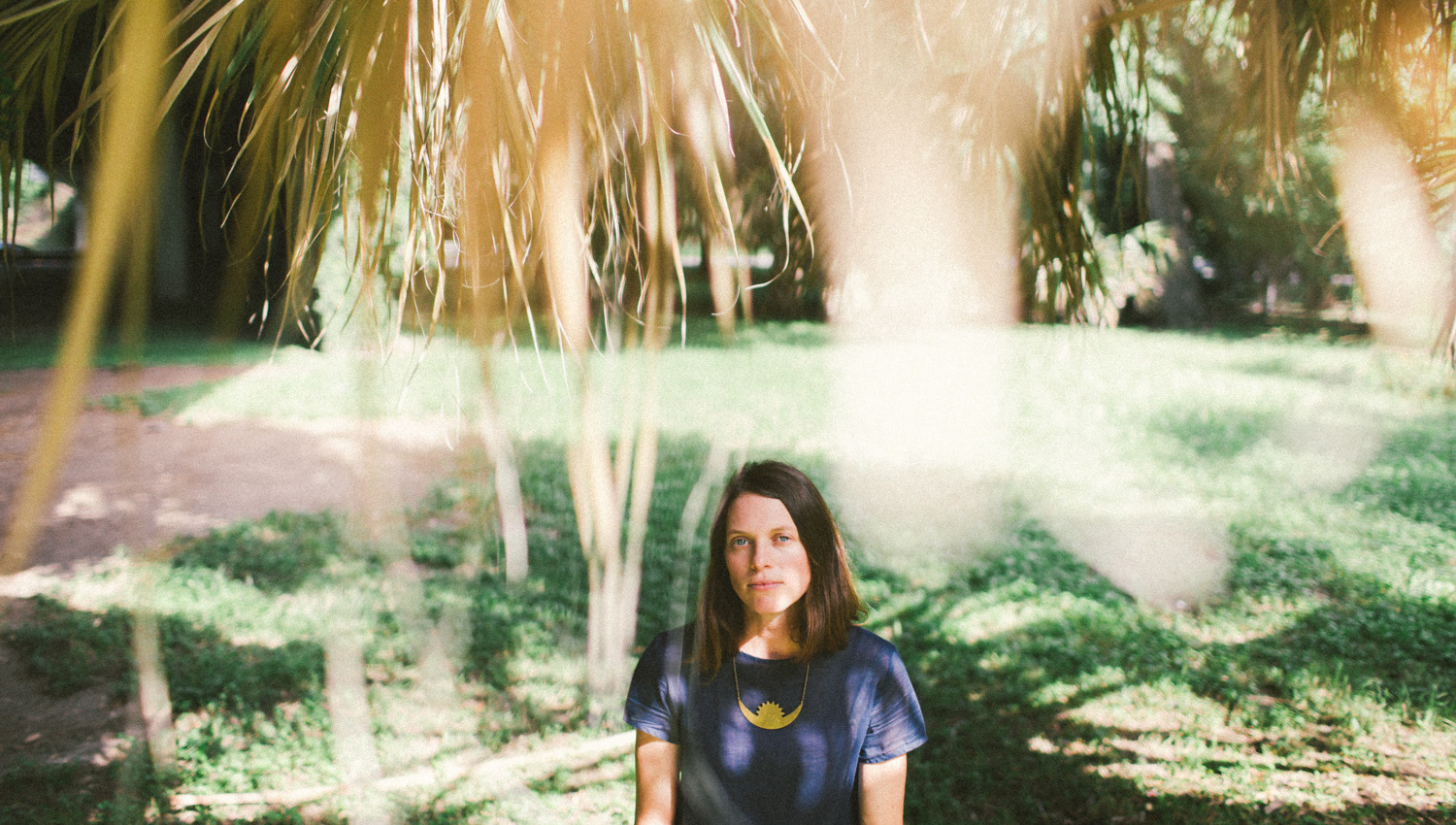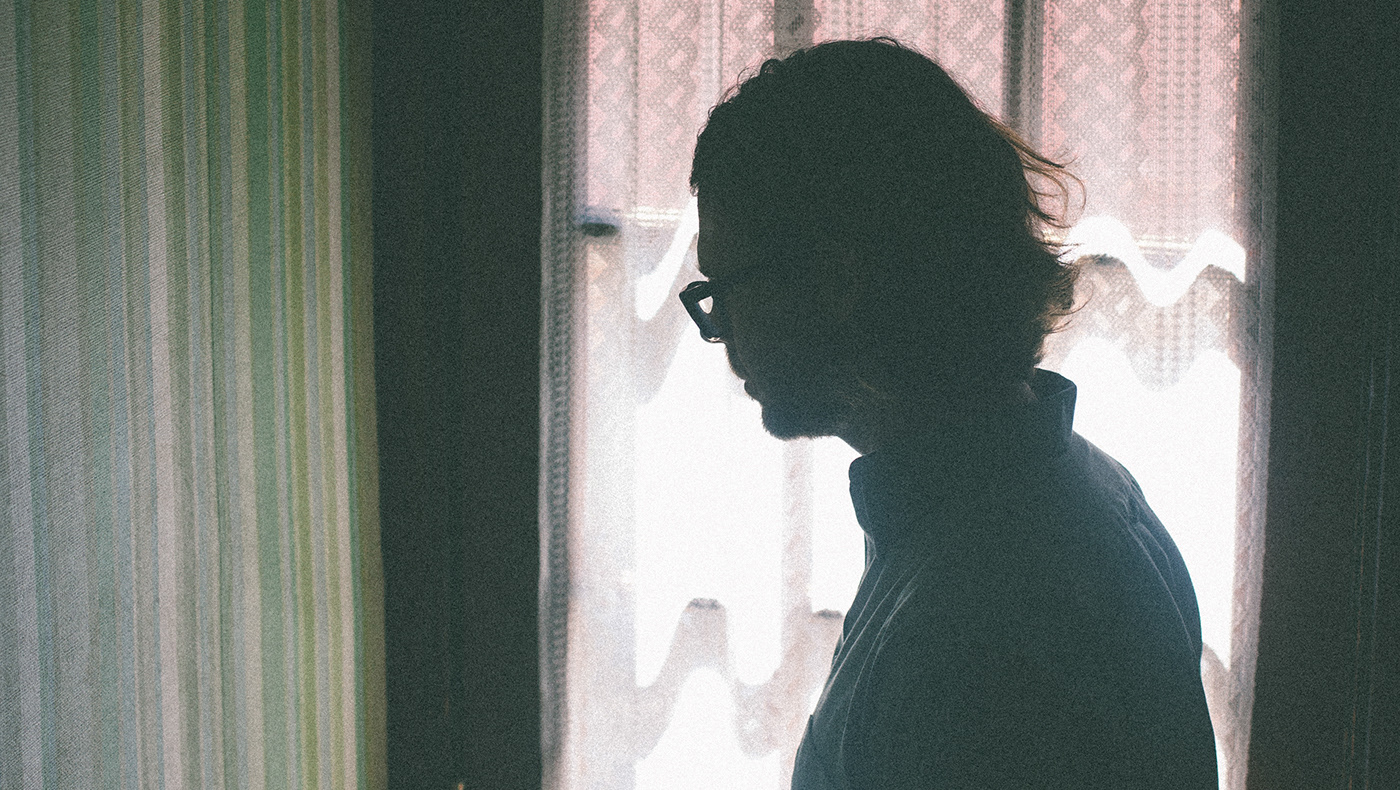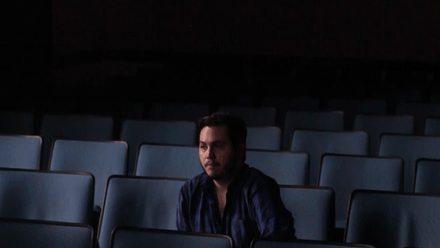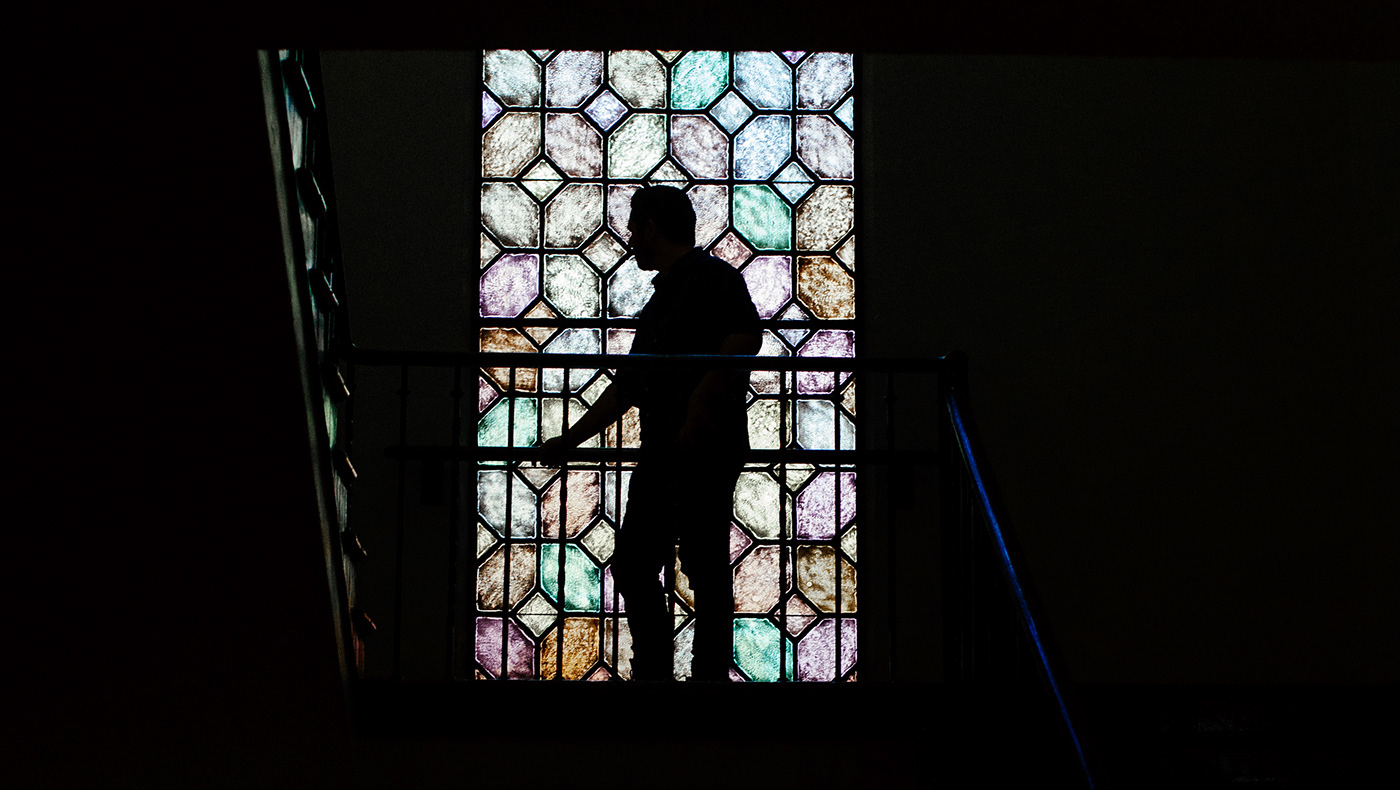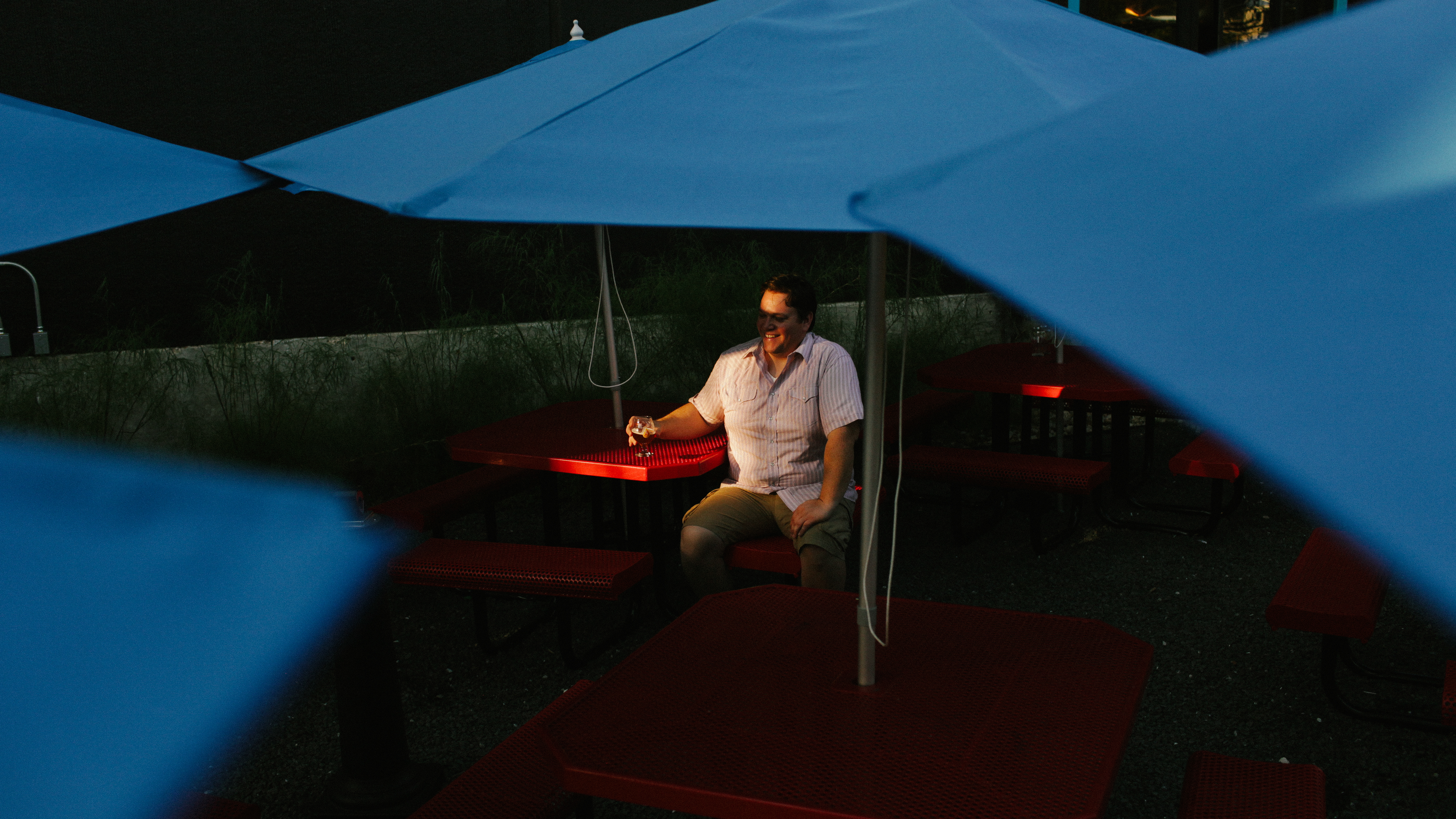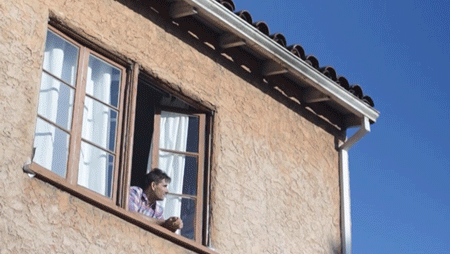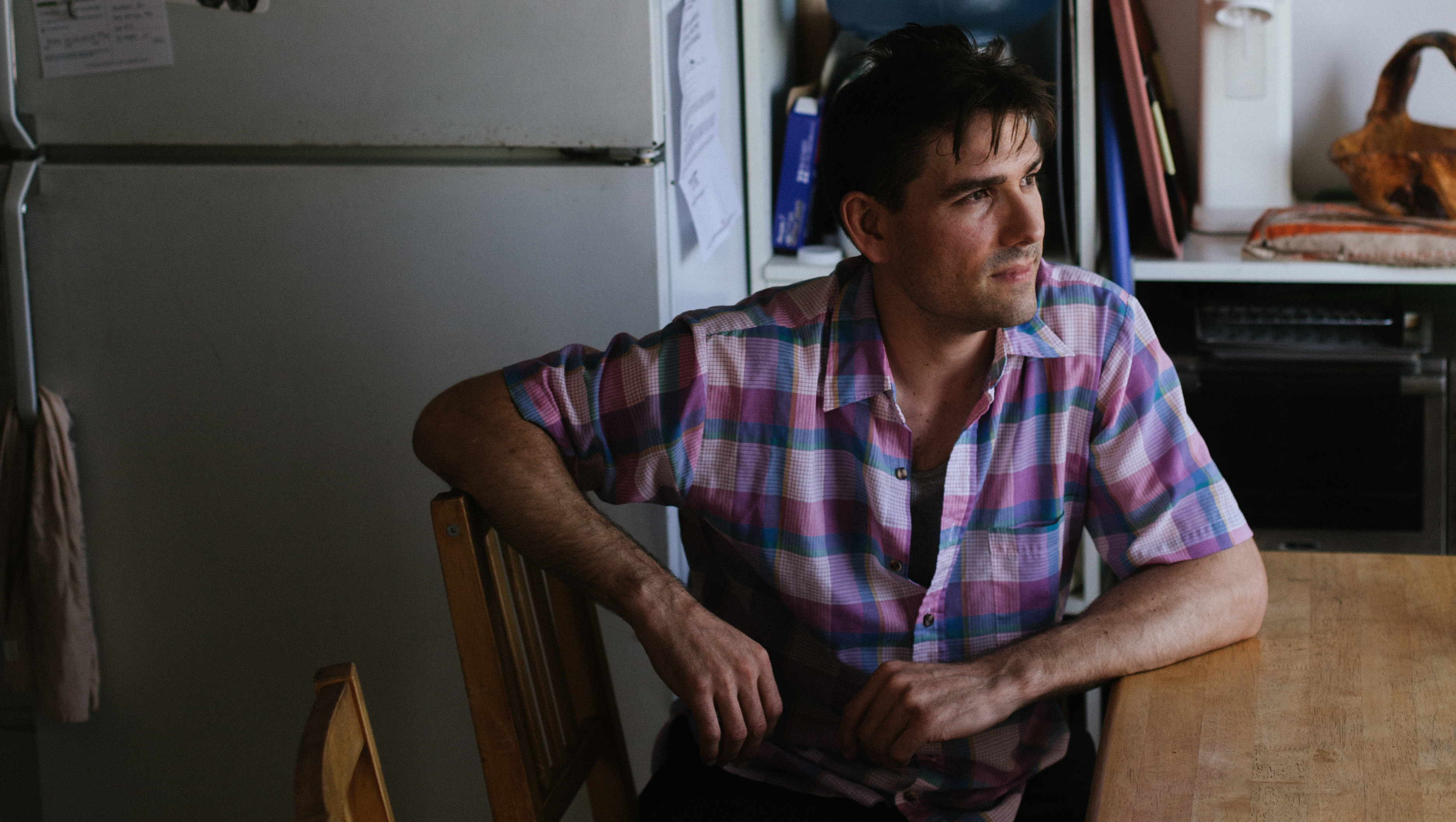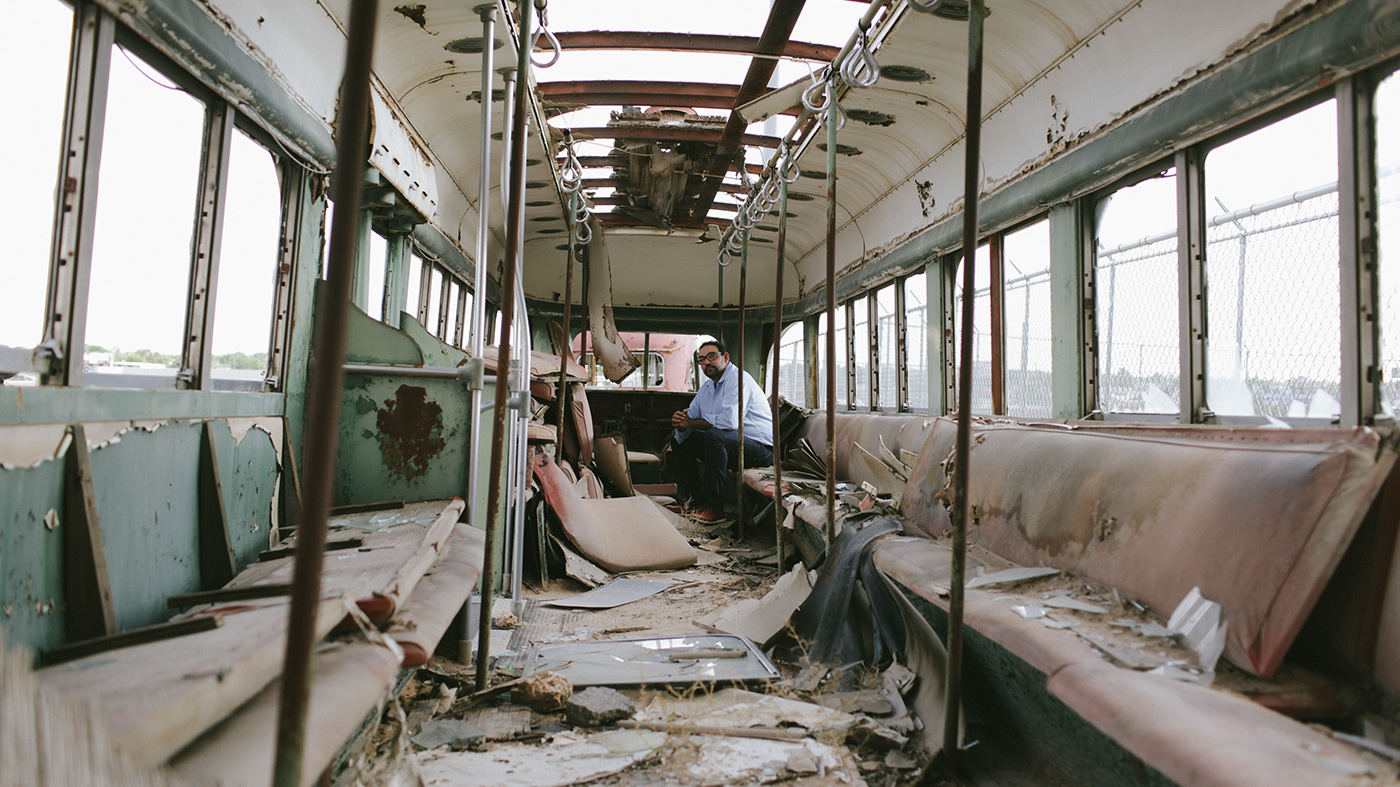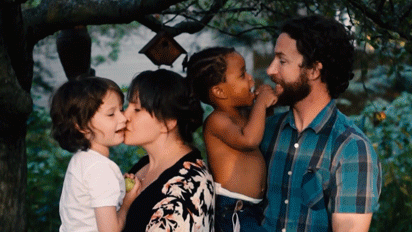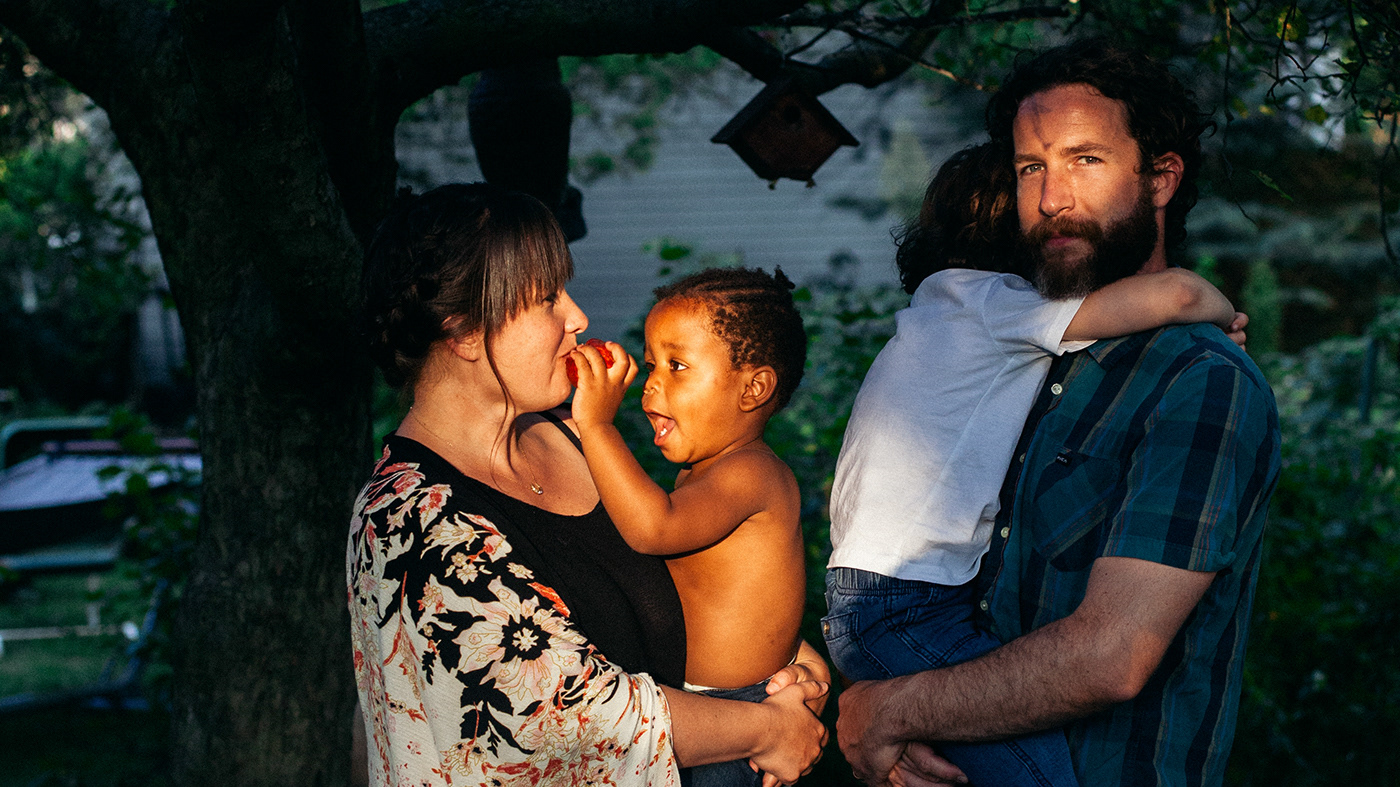african-american / doctoral candidate / woman
A few years ago, a coworker and I were killing time before a shoot and decided to play the age-old game, who has had it worse? We analyzed oppression in America over the years. You know, internment camps versus Jim Crow etc. We had a couple laughs and then she looked at me and said "Honestly right now, I won the belt. I'm a gay black Muslim woman in America."
I said, "Yeah, that sucks," and chuckled before realizing how horrifying my response was. As this project has progressed, I have been paying special attention to those whose identities are an intersection of many because they understand the truth of balance and the value of intersectionality. Essence is the epitome of that.


"Blackness exists as a type of Genesis for me. It holds the possibility of birth for all things."

On art in LA
"For some reason, people think that L.A. doesn't have an art-centered history. Aren't film and media actually art centered? Obviously. So that ethos of the town creates a space where people allow you to do a multiplicities amount of work in different areas and it's all good.
When I moved, I asked myself, "do I want to be a curator or do I want to be a writer for TV or film? Do I want to make more art myself?" And I think that what makes this place special is you don't have to choose just one."
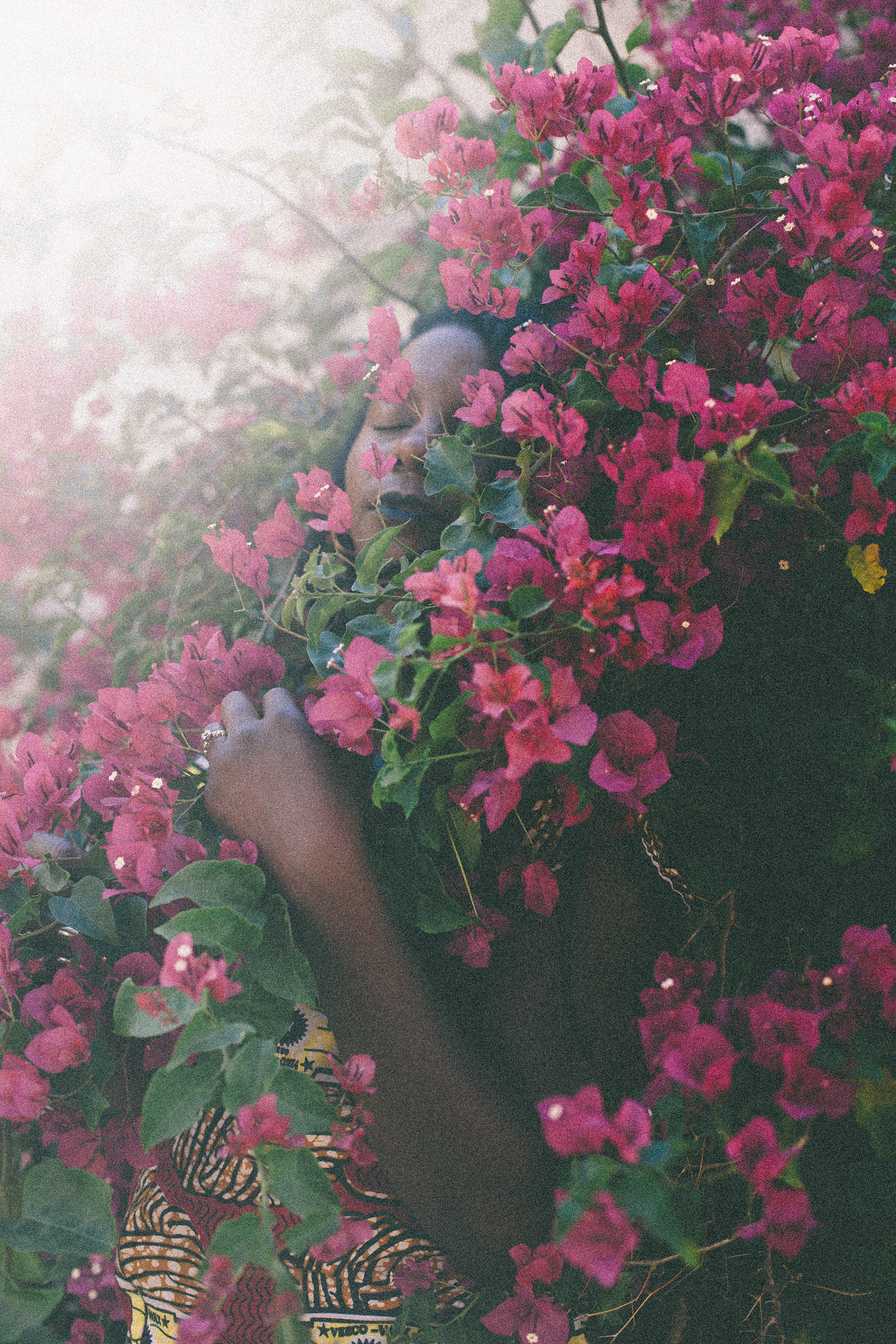

On gentrification
"I'm from Oakland and Berkeley. I lived there for most of my life. That's where my family is from. It's really hard for me to create home in other places. But the place I knew growing up has changed severely.
Black people still live in Oakland, obviously. If you go out to 18th and Foothill there are black people there. But, if you're by the BART station or if you're going downtown you see the difference. We've gone from being a black majority to being a minority.
The major issue is that the cost of living has soared. There was a boom in the late 90s in the Bay Area but it was really just concentrated in San Francisco. But eventually, the prices there became untenable and people started moving across the bridge.
On top of that, no one (black people specifically) owns their houses. The way the West deals with racism is very different than the north and certainly the south, but the symptoms are the same. People are essentially redlined into certain neighborhoods, they don't get fair prices, and can't get loans. So people don't own their shit. And now no one can afford these fucking rents and there aren't any jobs. So yeah.
It's funny because we can see it happening right now in L.A. South Central is being renamed as South L.A, the metro is moving to Inglewood and they're building a new stadium. That means more white people are coming. And that means more public interest, more coffee shops, more paved roads and then, in turn, more white people.
Me: "Do you mean rich people or white people?"
I don't think that you can separate the two. If you're able to buy into a neighborhood that doesn't have any money then you have to have more money than that neighborhood. Rich and white are synonymous a lot of the time. Once gentrification starts, it's hard to stop because it builds on its own greed."
On identity
"I mean, I'm black. That's the one thing that holds all those other aspects of belonging to this world for me. Blackness is deeply expansive.
I think a lot of other things feel constructed in a way that blackness doesn't. I can't talk in binaries because they don't allow for my actual existence. For example, I know I'm a woman but part of my womanness is invested and deeply embedded in my blackness. So being a woman as a singular thing doesn't really feel relatable to me."
On blackness
"Blackness is a lot of things. I am speaking specifically about the material lives of black people on this planet and why blackness accounts for the lives lost and gained. It accounts for the creativity and cultural capital that has been vital to the explosion of the world.
We need blackness. Everyone needs blackness. It stands in relation to this unmarked truth of whiteness. To name blackness as something that's important or the thing that makes me who I am, is something I am particularly invested in. We have to acknowledge and embrace a vision of something much more expansive than what we've generally been told. People have constricted their understanding of blackness as being only African-American or being people of enslaved ancestry or being something that is homophobic or whatever the fuck.
I actually find it to be quite the opposite. It's like a very beautiful, warming and accepting light. It's not some trash pile for all shit that whiteness didn't want to be. Wherever blackness stands it's really expansive. So I'm just naming it. It's like naming air. Would anyone really ask, "why do you need air?" You can say you don't need it or want it but you're actually already invested and involved. And it sustains you. I think the way that black people have sustained life on this goddamn planet is impressive."
On America
“The founding documents are the biggest lie because rhetorically they're powerful and materially they are trash. Like burning hot trash that is infecting your lungs and killing you slowly.
That's the most concise vision I think. I love U.S. history. It was my major at UC Berkeley. And also I'm a Ph.D. student in African-American studies. So I have a lot of love for reading the Declaration of Independence and the Constitution. It's actually really incredible, minus the words about people being enslaved. I'm not down with that.
You read the rhetoric about justice and equity and fairness and all that shit and realize that those things are not true things.
I guess the truth would be in the in the shadows that they represent. This country is a white supremacist nation founded on genocide and enslavement and blood of people. It needs that blood to sustain its growth and capitalistic impulses.”
From Oakland, CA
Lives in Los Angeles, CA
